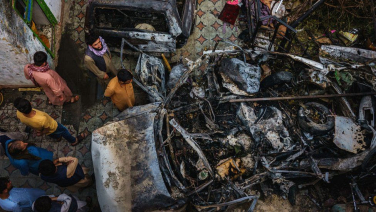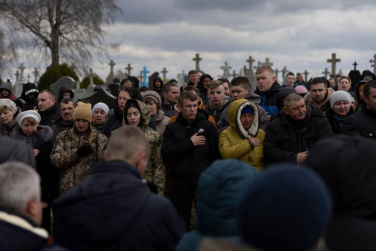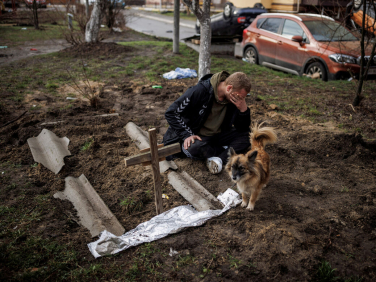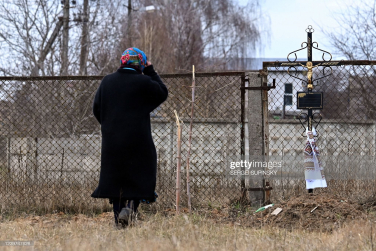
The Human Rights Institute (HRI) works with families of the missing, communities, scientists, and lawyers to investigate mass atrocities and to recover, identify, and return human remains, in partnership with the Argentine Forensic Anthropology Team. HRI seeks to advance truth, memory, human rights, and justice through forensic science, and support families and communities in learning about the fate of their loved ones and conducting dignified burials.
We also strive to innovate human rights–based forensic science processes that center families and affected communities, and to support the use of interdisciplinary methods. We train stakeholders in the human rights and science of suspicious death investigations, reform laws to improve investigations and treatment of the dead, and strengthen investigation procedures and infrastructure.
We have conducted human rights–based forensic investigations of alleged atrocities in a number of countries, including East and Central Africa:
-
We serve as expert witnesses to international, hybrid, and national tribunals.
-
In 2017 in the Central African Republic we conducted a complex forensic investigation into crimes allegedly conducted by international African Union peacekeepers in CAR. This case was the first conviction of peacekeepers for war crimes.
-
We have trained hundreds of police, judges, lawyers, victims’ associations, NGOs, and medical students in the law and science of suspicious death investigations, using an innovative hands-on training model that focuses on practical learning to develop the range of technical skills required to implement best practice.
-
We have conducted expert feasibility assessments of forensic science systems to support efforts at structural and law reform in multiple countries.






